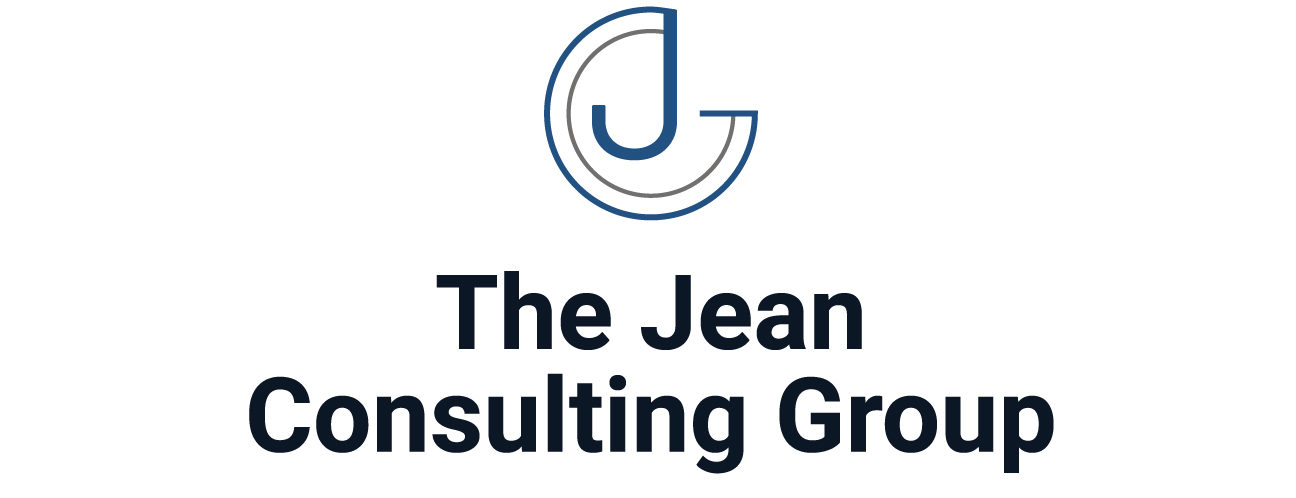In today’s competitive business landscape, organizations recognize the critical importance of talent development and retention in achieving sustainable growth and success. Employee engagement strategies play a pivotal role in nurturing and retaining top talent, fostering a culture of continuous learning, growth, and professional fulfillment. This article explores effective employee engagement strategies for talent development and retention, offering insights into creating a work environment where employees feel valued, supported, and empowered to unleash their full potential.
Understanding Talent Development & Retention
Talent development encompasses initiatives and practices aimed at enhancing the skills, knowledge, and capabilities of employees to enable them to succeed in their current roles and prepare for future career opportunities. Retention, on the other hand, focuses on strategies to attract, motivate, and retain high-performing employees within the organization. Together, talent development and retention initiatives contribute to building a skilled, engaged, and committed workforce that drives organizational growth and innovation.
Effective Employee Engagement Strategies for Talent Development & Retention
To foster talent development and retention, organizations can implement the following employee engagement strategies:
- Career Development Opportunities: Provide employees with meaningful opportunities for career advancement, growth, and skill development. Offer training programs, workshops, and mentorship opportunities to help employees enhance their skills, broaden their knowledge, and progress in their careers within the organization.
- Individualized Development Plans: Collaborate with employees to create individualized development plans that align with their career aspirations, strengths, and interests. Encourage regular discussions between managers and employees to identify development goals, assess progress, and provide feedback and support.
- Recognition and Rewards: Recognize and reward employees for their contributions, achievements, and growth. Implement recognition programs, awards, and incentives that celebrate excellence, innovation, and commitment to continuous improvement, reinforcing a culture of appreciation and recognition.
- Leadership Development Programs: Invest in leadership development programs to cultivate a pipeline of future leaders within the organization. Provide aspiring leaders with opportunities to enhance their leadership skills, gain exposure to different roles and responsibilities, and receive mentorship and coaching from senior leaders.
- Flexible Work Arrangements: Offer flexible work arrangements, such as remote work options, flexible hours, or compressed workweeks, to accommodate employees’ diverse needs and preferences. Empower employees to achieve a better work-life balance and manage their personal and professional commitments effectively.
- Employee Well-being Initiatives: Prioritize employee well-being by offering wellness programs, mental health support, and resources to help employees manage stress, maintain resilience, and enhance their overall health and well-being. Create a supportive work environment that promotes physical, mental, and emotional wellness.
- Transparent Communication: Foster open and transparent communication channels between leaders, managers, and employees. Keep employees informed about organizational goals, priorities, and changes, and solicit their feedback and input on matters that affect them. Encourage dialogue, collaboration, and shared decision-making to build trust and engagement.
- Succession Planning and Talent Pipelines: Develop robust succession planning processes and talent pipelines to identify and nurture high-potential employees for future leadership roles. Provide targeted development opportunities and experiences to groom future leaders and ensure continuity and stability within the organization.
Conclusion
Effective talent development and retention are essential components of organizational success, requiring a strategic focus on engaging, empowering, and investing in employees’ growth and development. By implementing employee engagement strategies that prioritize career development, recognition, well-being, and transparent communication, organizations can create a culture where employees feel valued, motivated, and committed to contributing their best. Investing in talent development and retention not only enhances employee satisfaction and loyalty but also strengthens the organization’s competitive advantage and resilience in a rapidly evolving business environment. By unlocking the potential of their workforce, organizations can drive innovation, drive growth, and achieve sustainable success in the long term.




